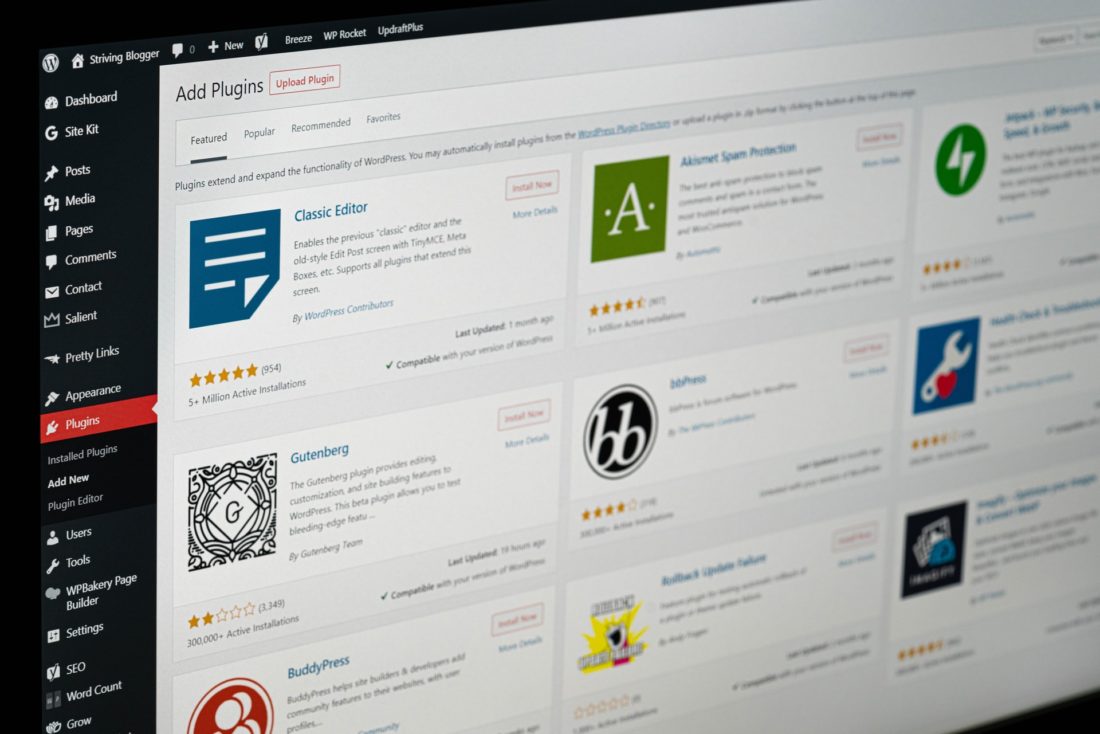Remember when WordPress was mainly known as a platform for bloggers to post daily musings about their cats? That was over a decade ago, and since then it has far surpassed those wacky feline adventures. Today, WordPress is recognized worldwide as an ideal content management system for thriving enterprise businesses. However, certain reservations remain about whether a relatively inexpensive open-source platform such as WordPress could manage the larger, more diverse needs of the enterprise.
Isn’t WordPress for Small Businesses?
Initially, it was the SMB community who embraced WordPress as the way to build their site so they, as businesses, could communicate with the world. Since then, it has grown exponentially in terms of market share and built-in scalability. WordPress has successfully maintained its roots as both an intuitive and reliable platform for content creators and developers even as it adapts to the complex needs of enterprise and e-commerce businesses.
3 Reasons Why Your Business Should Choose WordPress
First, consider the booming global WordPress economy. According to a recent study by WP Engine, WordPress will grow to an estimated $635.5 billion by the end of 2021. Fast forward to 2025, and the study projects that WordPress will power half of the internet. This translates into economic power across the enterprise and the broader open-source ecosystem.
Secondly, there’s the essential user-friendly nature of the CMS. The easy-to-build WordPress is one of the easiest ways for developers and others to create a site. It’s also easy to use for anyone who wants to create content for their site. The open-source community at large fosters collaboration in developing new plugins, themes and design features. When you fold in managed WordPress platforms, you get highly secure and fast sites that can scale to handle millions in traffic. WordPress’s adaptability, coupled with its out-of-the-box SEO functionality, can be critical to a business’s long-term success.
Third, the sheer variety of managed hosting options for WordPress supports and enhances diverse business needs. WP Engine’s Enterprise plan, for example, features advanced technology to increase scalability, deliver on-demand analytics, and provide enterprise-grade security.
At its core, the foundation of the WP Engine Enterprise plan is its increased speed-to-market—even in the face of unexpected traffic spikes or any other disruption.
Currently 66% of enterprise businesses work with WordPress CMS, including Sony Music, the Walt Disney Company and Vogue.
When you compare proprietary solutions (more traditionally used by the enterprise) to open source, you’ll quickly discover that an open-source solution lends itself more to longevity since it can easily adapt to your website changes and revisions through the years.
The Headless Choice
Finally, let’s take a look at headless infrastructure and its growing impact on the enterprise business world. In another recent study conducted by WP Engine, 66% of enterprise businesses reported already using headless technologies. For comparison, in 2019, that number was only 25%.
Headless WordPress, where the front end is decoupled from the back end, is even more ideal for publishing due to its straightforward and familiar interface and dashboard. Headless technology is also an asset for developers as it provides additional flexibility and streamlined channel delivery.
When choosing a CMS, then, it’s critical to ensure that your platform has the right headless technology in place. For example, WP Engine’s new Headless platform, Atlas, can increase page load speed by as much as 10 times faster than with WordPress alone. Perhaps most importantly, employing the use of headless architecture can impact go-to-market speed significantly.
Conclusion
Choosing WordPress for your enterprise CMS has several advantages, including speed, flexibility and adaptability. The dashboard is easy to use for content creators and developers alike. And the variety of managed hosting options makes it easier to meet the specific demands of your business.
So if you’re looking for your first CMS or a new CMS, it’s worth your time to explore the full potential of WordPress and how it can move your business forward.
